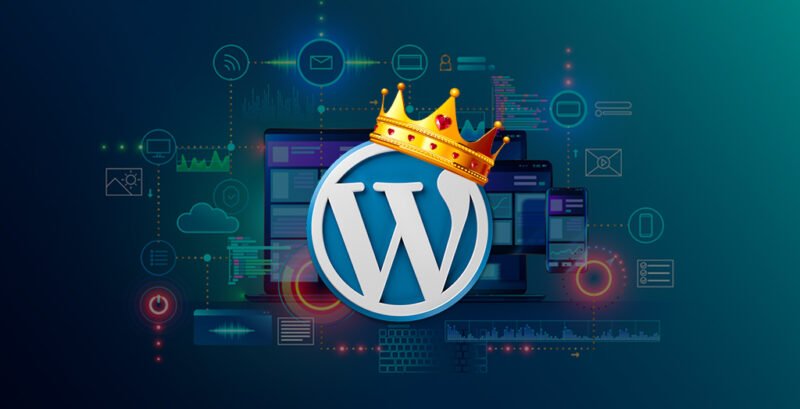You check your bank balance on your phone, work on a shared document in the cloud, and get your news from social media. Our lives are more connected than ever, but with that convenience comes new risks. How can you navigate this digital world not just safely, but confidently? It all starts with building one critical skill: digital literacy.
What is digital literacy?
Digital literacy is much more than knowing how to use a computer, tablet, or smartphone. It’s the ability to find, evaluate, create, and communicate information online, using digital technologies purposefully. A digitally literate person doesn’t just consume content, they question, organize, and share it responsibly. Key digital literacy skills include:
- Information literacy. Finding and judging credible online sources.
- Technical skills. Navigating devices and apps confidently.
- Digital communication. Sharing ideas and collaborating safely online.
- Cybersecurity awareness. Recognizing risks like hacking or scams and knowing how to respond.
- Critical thinking. Asking questions about what you see and read online.
More than just a skill: the real power of digital literacy.
Digital literacy empowers you. It’s your toolkit for navigating an online world filled with opportunities and risks. It’s not just about using technology; it’s about critically understanding and confidently navigating the digital world to protect yourself and thrive in an increasingly connected future.
- Safety. Avoid scams, phishing, and identity theft by spotting red flags.
- Privacy. Control your digital footprint and keep sensitive info out of the wrong hands.
- Confidence. Embrace new technologies, adapt to change, and stay relevant at work or school.
- Communication. Collaborate and connect, respectfully and securely.
Navigating the dangers: common online threats to watch for.
Criminals target everyone, from individuals to giant corporations. The threats are constant, but many are avoidable with the right skills and habits:
- Phishing. Fake emails or texts trick you into sharing private info or downloading malware.
- Account breaches. Weak or reused passwords make your accounts easy targets.
- Data leaks. Oversharing personal details on social media can give hackers clues to your passwords or security answers.
- Unsecure connections. Public Wi-Fi and random USB drives can be gateways for fraudsters.
From theory to practice: practical steps to stay safe online.
Every time you go online, you make choices that affect your safety. Here are some friendly, practical steps to stay safe:
- Software updates. Turn on automatic update features to get the latest security patches for your devices and apps.
- Strong, unique passwords. Each account should use its own password, with a mix of uppercase, lowercase, numbers, and symbols. Try a password manager and add extra protection with multi-factor authentication (MFA).
- Phishing and scams. If a message is urgent or asks for sensitive info, pause and think before you click. Don’t open attachments, links, or pop-ups from unfamiliar sources, even if they look official.
- Privacy settings. Hide personal details on your social media profiles. Share only what’s necessary and be wary of friend requests from strangers.
- Secure connections. Protect your home Wi-Fi with a strong password and avoid sending sensitive info over public networks. Consider using a VPN when needed.
- Smart shopping. Look for the lock symbol and
https://in your browser before entering payment details. Read privacy policies to know how your data will be used. - File backups. Regular backups (cloud or encrypted drives) protect you from data loss due to hacks or hardware failure.
- Think before you click. Not every enticing headline, tempting offer, or urgent request is genuine. Trust your instincts and double-check sources.
Beyond the basics: advanced skills for a connected future.
Digital literacy goes far beyond basic computer skills. It involves mastering a mindset and framework to confidently adapt to rapidly evolving technology. Effective digital literacy now includes five core competency areas:
- Communicate and collaborate effectively. Master virtual presence through effective writing, managing professional online brands, facilitating online meetings, and using collaboration platforms for distributed teamwork.
- Master information and data. Go beyond just finding information by critically evaluating sources, analyzing data with visualization tools, and crafting compelling data-driven stories to inform decisions.
- Safeguard security and privacy. Understand advanced cybersecurity principles, including threat recognition, managing digital identities, and safeguarding personal and organizational data against sophisticated attacks.
- Solve problems creatively. Apply computational thinking to break down complex challenges, optimize workflows using automation tools, and creatively integrate technology solutions in professional and personal contexts.
Developing these advanced skills creates career advantages. Research shows that digitally literate workers can earn significantly more and are more productive and innovative at work than peers with basic skills. They are prepared to navigate AI tools, cloud collaboration, and data-driven decision-making with confidence and agility.
Your next steps: simple actions you can take today.
Ready to build on your digital literacy? You don’t have to overhaul your entire digital life at once. Start with a few simple, powerful steps you can take today.
- Audit your passwords. Pick one account (maybe your email or bank) and change the password to something long, unique, and complex. Don’t use a password you’ve used anywhere else. If you can, turn on multi-factor authentication (MFA).
- Clean up your privacy. Go to your social media accounts and check your privacy settings. Are you sharing more than you need to? Make sure your profiles are visible only to people you know.
- Get curious. The next time you see a headline or social media post that sounds too good to be true, pause. Don’t just click or share it. Instead, do a quick search to verify the information and the source. This small act of critical thinking builds a powerful habit.
- Back it up. Set up a regular backup for your most important files. Whether you use a cloud service or an external hard drive, this simple step can save you from a huge headache if something goes wrong.
Your digital skills will shape your safety, career, and how you engage with the world. By staying curious and adaptive, you’ll be empowered to thrive in an evolving digital landscape. Invest in your digital literacy, and reclaim control of your digital life.




